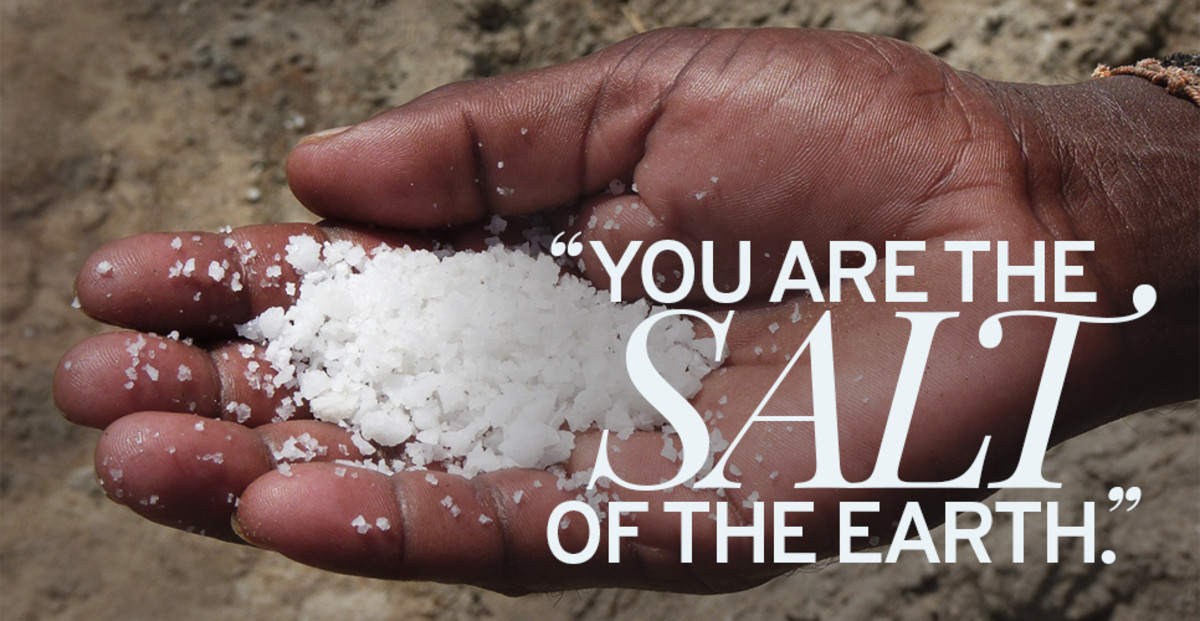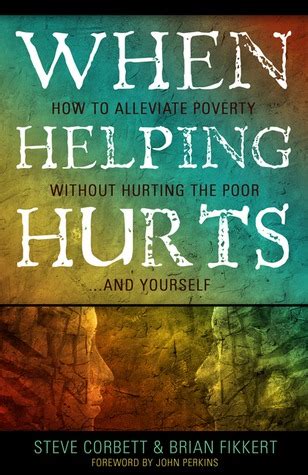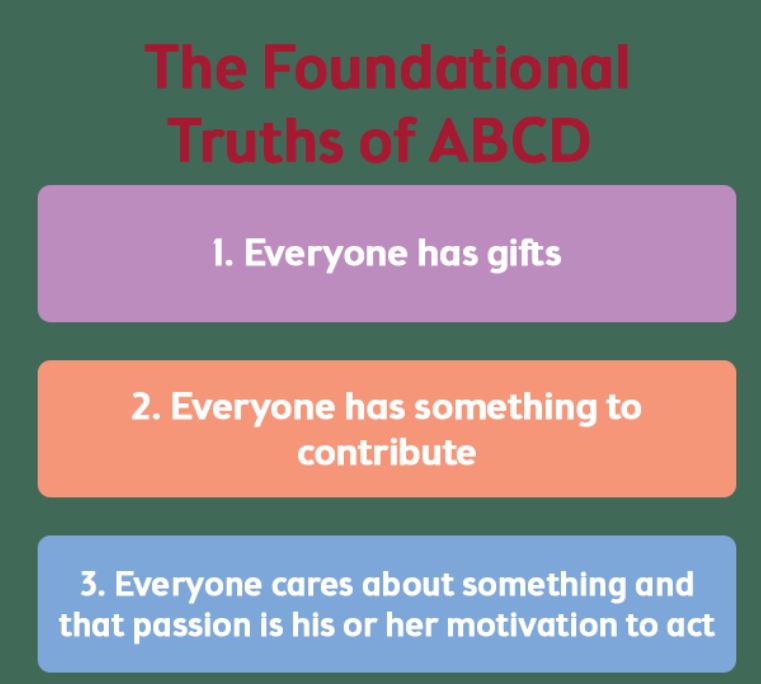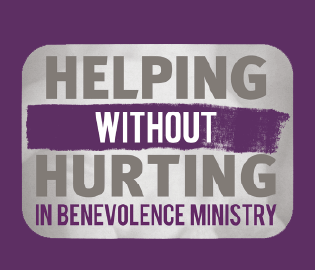 Staff and Leadership Training (SaLT) is an 8 week program aimed at raising the level of awareness of spiritual issues that affect the body of Christ, pose blockages to growth and keep believers stalled in their personal growth. The target group comprises leadership and soon-to-be leaders in churches that have not previously focused on the details of scriptural issues surrounding spiritual warfare, intercession, spiritual disciplines and development of a missional lifestyle community. Missional Community means restructuring our lifestyle around an intentionally literal interpretation of scripture, believing that the Bible’s instruction is meant to help us rebuild our lives in the image of Christ, rather than, as often happens, remaking the church to fit our lifestyle.
Staff and Leadership Training (SaLT) is an 8 week program aimed at raising the level of awareness of spiritual issues that affect the body of Christ, pose blockages to growth and keep believers stalled in their personal growth. The target group comprises leadership and soon-to-be leaders in churches that have not previously focused on the details of scriptural issues surrounding spiritual warfare, intercession, spiritual disciplines and development of a missional lifestyle community. Missional Community means restructuring our lifestyle around an intentionally literal interpretation of scripture, believing that the Bible’s instruction is meant to help us rebuild our lives in the image of Christ, rather than, as often happens, remaking the church to fit our lifestyle.

- Manager: William Stapleton
 Using the seminal work of Steve Corbett, Brian Fikkert, "When Helping Hurts" as its main text, this course explores how to walk with the materially poor in humble relationships instead of just providing them temporary handouts. This short course in "Helping Without Hurting" is aimed at individuals or groups of friends and coworkers who want to unpack an accessible set of basic principles of ministry alongside people living in poverty in ways that help, not hurt, each other.
Using the seminal work of Steve Corbett, Brian Fikkert, "When Helping Hurts" as its main text, this course explores how to walk with the materially poor in humble relationships instead of just providing them temporary handouts. This short course in "Helping Without Hurting" is aimed at individuals or groups of friends and coworkers who want to unpack an accessible set of basic principles of ministry alongside people living in poverty in ways that help, not hurt, each other.
Each of the six lessons includes reflection questions and practical application exercises, and the course website includes resources for further learning. Think of this as the beginning of a process, not as a solution to all the questions you may face.


Beginning with a Biblical foundation, the first part of this course examines key Scriptural passages in both the Old and New Testaments that relate to the mission of the church. The second part of the course addresses key theological and cultural challenges that the church faces in proclaiming the gospel and establishing culturally relevant and viable churches. The third portion of the course examines key concepts in 21st-century mission thinking, including mission strategy, the role of forging global partnerships, and the need to focus on church planting. Throughout the course, the emphasis is on practical ways the church can be more effective in ministering cross-culturally and fulfilling the Great Commission.

 This course focuses on the basics of Asset-Based Community Development (ABCD) principles, an approach to sustainable community-driven development. Beyond providing what is needed for people to thrive in the context of a particular community, ABCD is concerned with how to link micro-assets to the macro-environment. The main premise of ABCD is that communities can drive the development process themselves by identifying and mobilizing existing, but often unrecognized assets, and thereby responding to challenges and creating local social improvement and economic development within the community, for the community, by those who are integral to the community.
This course focuses on the basics of Asset-Based Community Development (ABCD) principles, an approach to sustainable community-driven development. Beyond providing what is needed for people to thrive in the context of a particular community, ABCD is concerned with how to link micro-assets to the macro-environment. The main premise of ABCD is that communities can drive the development process themselves by identifying and mobilizing existing, but often unrecognized assets, and thereby responding to challenges and creating local social improvement and economic development within the community, for the community, by those who are integral to the community.


When a materially poor person asks our church for help, what do we do next? God is extraordinarily generous, and our church should be, too. Because poverty is complex, however, helping low-income people often requires going beyond meeting their material needs to holistically address the roots of their poverty. But on a practical level, how do we move forward in walking with someone who approaches our church for financial help? Helping Without Hurting in Church Benevolence, a guidebook for church staff, deacons, or volunteers who work with low-income people is written by the authors of When Helping Hurts, Steve Corbett and Brian Fikkert. This short course based on their book teaches foundational principles for poverty alleviation and then addresses practical matters, like:
- How to structure and focus benevolence work
- How to respond to immediate needs while pursuing long-term solutions
- How to mobilize the church to walk with low-income people

A non-academic, social immersion approach to language and culture acquisition for global workers on mission in the 21st Century. As the Global Church continues to move toward the Global South, more and more practical, hands-on tools and relational strategies are required to engage the unreached. Based upon E. Thomas and Elizabeth S. Brewster's language and culture acquisition methods from the1970s, this course provides a thoroughly usable modernized method.

- Manager: William Stapleton
- Student: Tanner Klein
- Student: Garrett Meade
- Student: Kimberly Meade
- Student: Kimberly Mejia
- Student: Hadley Sparks
- Student: Danece Stapleton
In light of the Global Church's continuing move toward the Global South, this course explores how the diverse experiences and perspectives of African, Asian and Middle Eastern cultures are reshaping theological discourse. Moving beyond traditional Western theological questions, we will examine the implications of contextualization, inculturation, and the rise of non-Western theological voices. Timothy Tennent's seminal work, "Theology in the Context of World Christianity," along with supplemental readings and case studies, will help us see the issues of Systematic Theology through non-western eyes and develop a nuanced and globally aware missional theology.

- Manager: William Stapleton
- Student: Amber Smith
